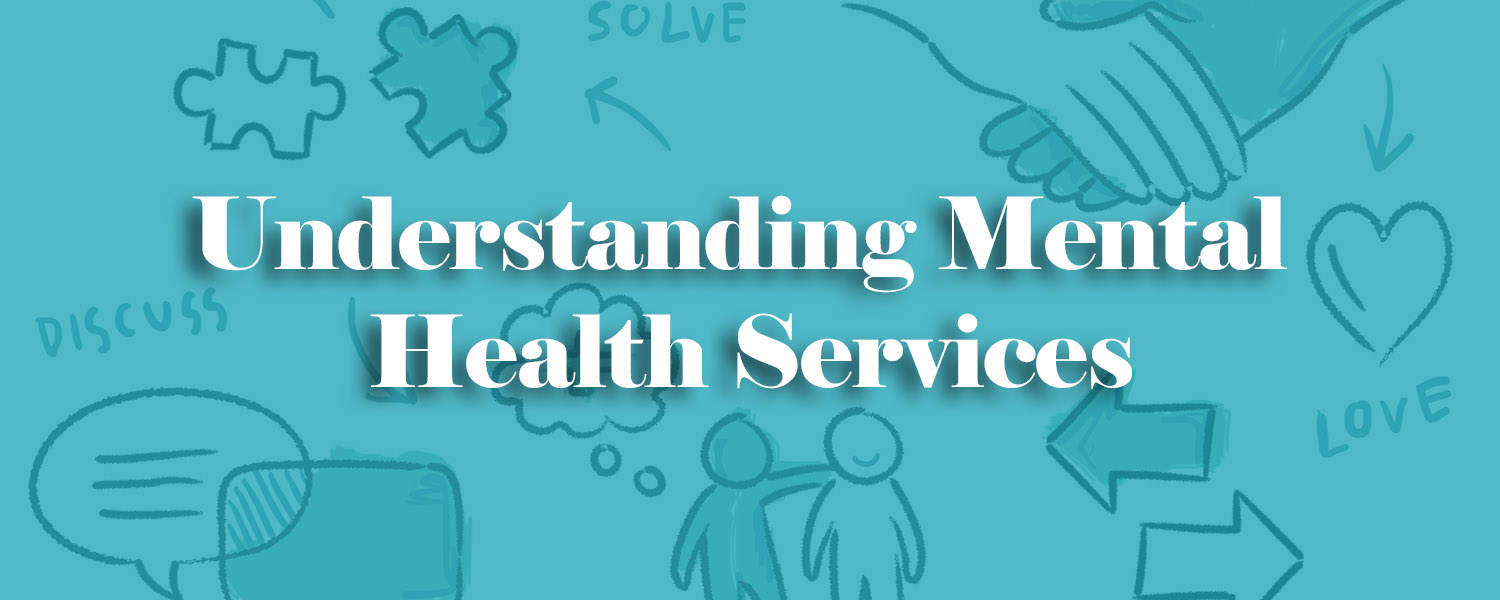
Going Into Hospital
Although mental health professionals usually try to keep people out of hospital, there are times when admission to hospital is necessary.
People often agree to go into hospital voluntarily when advised to do so by their doctor. Sometime people are compulsorily detained (sectioned) in hospital under the Mental Health Act. This means they can be made to stay in hospital, even if they don’t want to.
This can happen to ensure:
- Their own health
- Their own safety
- The protection of other people
The ‘section’ refers to the different sections of the Mental Health Act that sets out this law. Most sections can be requested by an Approved Mental Health Professional (AMHP) or a nearest relative. They generally require two doctors to then approve it.
Here is a list of the key sections you are likely to come across, and what each one means.
Section 2 – is used to keep people in hospital so they can be properly assessed. Can last for up to 28 days (but usually less)
Section 3 – is used to keep people in hospital for treatment. Can last up to 6 months. May be renewed if more time is needed
Section 4 – is used to keep people for up to 72 hours in an emergency. Only requires one doctor to approve
Section 5 – can be used by a doctor or nurse to stop someone leaving hospital if this is thought to endanger health
Community Treatment Order (CTO) – ensures people meet certain conditions when they leave hospital (e.g. take medication)
Section 117 – entitles people who have been detained under section (notably section 3) to free aftercare when they leave hospital
If your relative or friend is sectioned then you may need to find more information about what that particular section means. For more detail about how each section operates and how appeals against each section can be made, we recommend visiting Rethink site www.rethink.org for information on the Mental Health Act. This also explains what aftercare you should expect after each section. You may also find the Mental Health Code of Practice useful, as it outlines how the Mental Health Act should be carried out.
Your relative may be distressed about going to hospital. You may also be in a position where you have had to request a hospital admission, even though you know that this is not what your relative wants. This can be very upsetting for everyone.
Staff in the hospital should involve you closely in the care of your relative, unless your relative has stated otherwise, or you ask not to be involved.
Involvement should include:
- Being invited to regular review meetings.
- Being kept up to date about changes such as discharge or sectioning.
- Being given a copy of any written information given to your relative.
If you are keen to be kept informed in this way, then you need to make sure the staff are aware of this and that they know the best way to contact you.
Other top tips include:
- Ask for a copy of the NHS Trust policies on carer involvement and information sharing. This will outline what you can expect and what to do if it is not happening
- Find out the names of key people including the ward manager, and any key worker assigned to your relative. If you want to ring up to check how things are going then you will be able to ask to talk to someone who knows your relative / friend
- Ask for information on any local carer support groups. They can be very helpful during difficult times.


